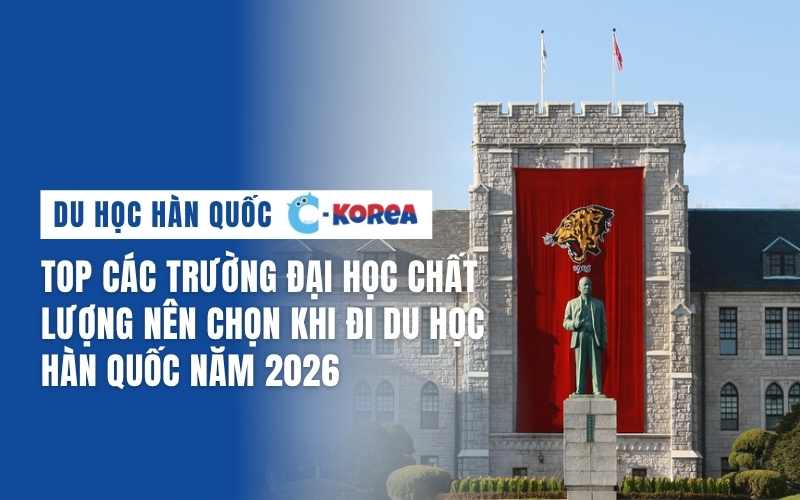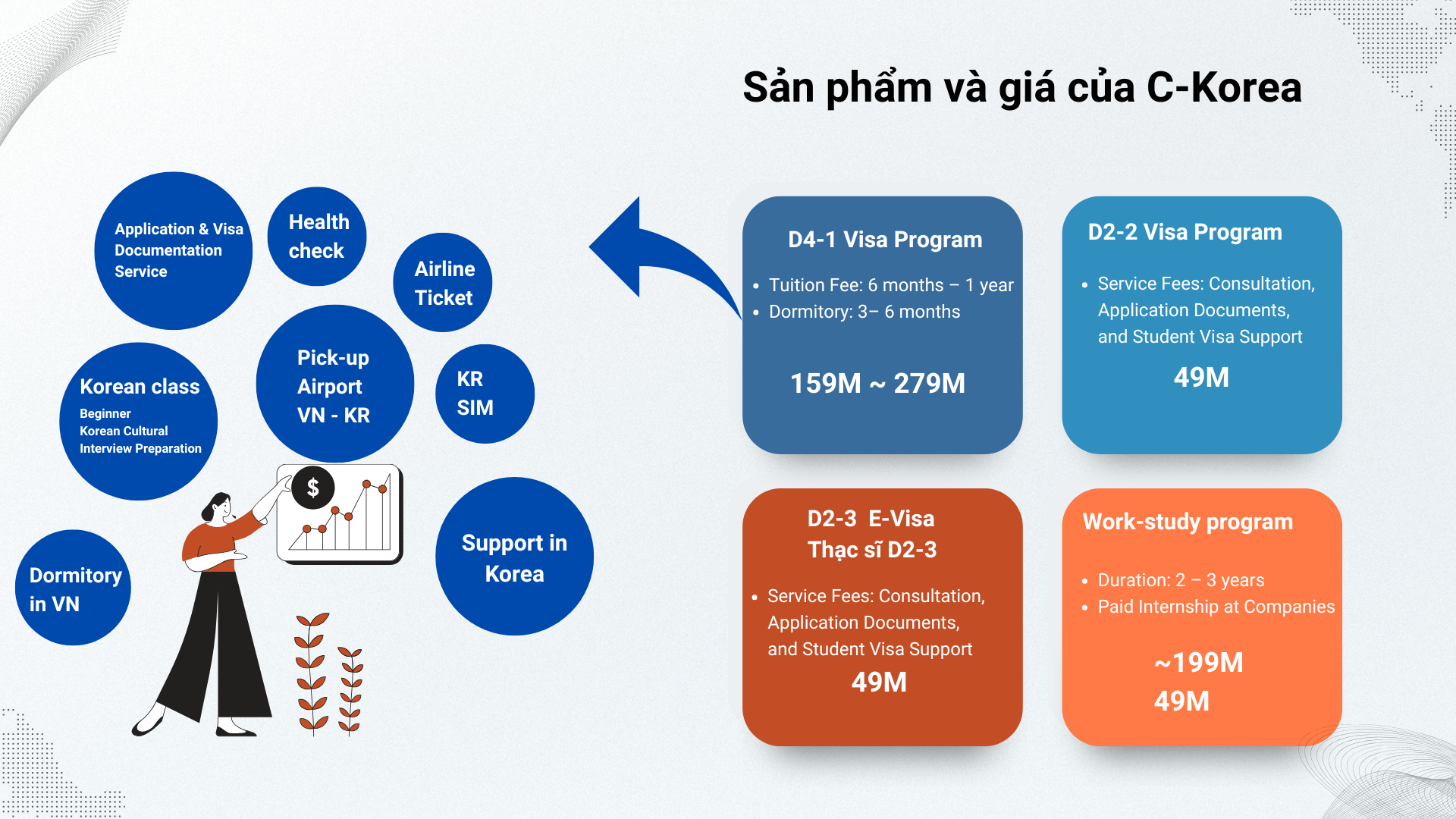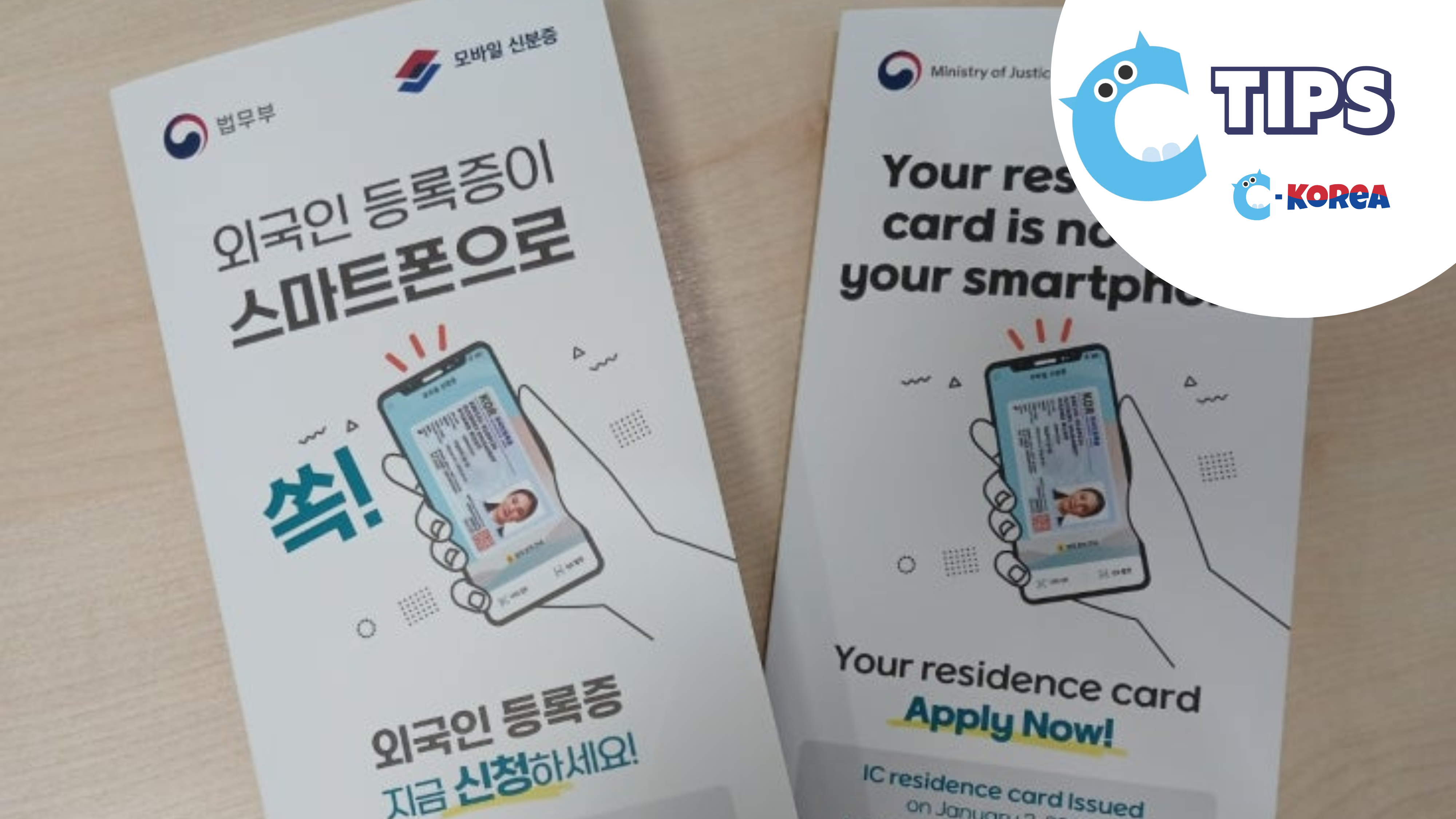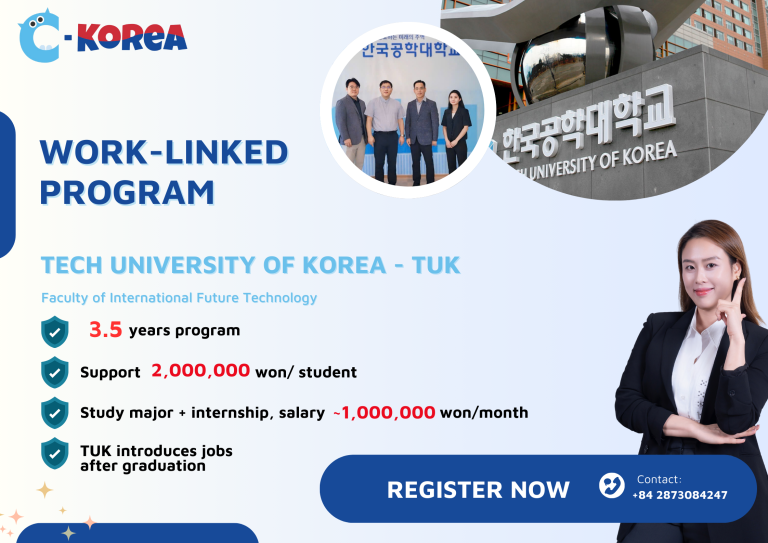Studying in Korea has long been a dream for many young people thanks to its top-quality education, unique culture and attractive job opportunities. However, many people are hesitant because of the high cost of studying abroad. But did you know that with a smart financial plan, you can study in Korea for as little as a cup of milk tea a day? Let’s discover the secret in this article!
1. Why is studying in Korea worth investing in?
Korea is the country with the 9th highest education system in the world (according to QS World University Rankings 2023). Universities in Korea such as Seoul National University, KAIST, and Yonsei are always among the top in Asia. In addition, Korea also has policies to support international students, attractive scholarships, and flexible part-time work opportunities.

2. Cost of Studying in Korea: Expensive or Cheap?
The cost of studying in Korea depends on many factors such as the school, city, and your lifestyle. Below is an estimated average cost table:
- Tuition: 3,000 – 7,000 USD/year (depending on the school and major).
- Living expenses: 500 – 1,000 USD/month (including accommodation, transportation).
- Other expenses: Insurance, books, entertainment about 1,000 – 2,000 USD/year.
- The total average cost for 1 year of studying in Korea is about 10,000 – 15,000 USD.

3. The Secret to Studying Abroad in Korea with the Cost of Only 1 Cup of Milk Tea a Day
3.1. Take Advantage of Scholarships
Korea has many scholarship programs for international students, including:
- Korean Government Scholarship Program (KGSP): Covers 100% of tuition, living expenses, and airfare.
- University scholarships: Many universities such as KAIST, POSTECH, and Seoul National University offer scholarships ranging from 30% to 100% of tuition.
- Scholarships from non-governmental organizations: For example, scholarships from POSCO Foundation, Samsung Foundation.
Tip: Search and apply early to increase your chances of receiving a scholarship.
3.2. Choosing a School and City with Reasonable Costs
Public schools: Tuition is often lower than private schools. For example, Seoul National University has tuition of only about 4,000 USD/year.
Small cities: The cost of living in cities like Daegu, Gwangju is much lower than in Seoul.
3.3. Work Extra to Save Money
International students are allowed to work 20 hours/week during the semester and full-time during the holidays. Popular jobs include:
- Teaching Vietnamese or English.
- Working at a convenience store or coffee shop.
- Translating or assisting with research.
- The average part-time salary is around $7-$10/hour, which can help you earn an extra $500-$800/month.
3.4. Saving on Living Expenses
- Food: Cook your own meals instead of eating out, shop at cheap supermarkets like E-Mart, Homeplus.
- Transportation: Use the T-money public transportation card to get discounts.
- Accommodation: Stay in a dormitory or share a room to save money.
3.5. Use Saving Apps
Shopping apps: Coupang, Gmarket often have many discount programs.
Transportation apps: KakaoMap, Naver Map help find directions and save travel time.

4. Calculate Costs Based on 1 Cup of Milk Tea a Day
Assuming you save 3 USD per day (equivalent to 1 cup of milk tea), you will save:
3 USD/day × 30 days = 90 USD/month.
90 USD/month × 12 months = 1,080 USD/year.
With this amount of money, you can cover part of your tuition or living expenses. Combined with scholarships and part-time jobs, you can completely study in Korea at an extremely economical cost.

5. Economical Study Abroad Route to Korea
Year 1: Research information, apply for scholarships and learn Korean.
Year 2: Enroll in school and find a suitable part-time job.
Year 3: Focus on studying and participating in extracurricular activities to improve skills.
Year 4: Graduate and look for job opportunities in Korea or internationally.
6. Advice From Previous International Students
Prepare thoroughly: Learn Korean and learn about Korean culture before going to Korea. Many students studying Korean for the first two years often assume that they will have to learn Korean anyway, so they often do not pay much attention to learning Korean in Vietnam. C-Korea’s advice for you is to try to learn as much Korean as possible while you are still in Vietnam, because it will be your savior later, especially in the beginning when you have just entered Korea without the support of relatives or friends.
Time management: Balance between studying, working part-time and entertainment.
Networking: Join clubs and social activities to expand your relationships.

Conclude
Studying in Korea is no longer a distant dream if you have a smart financial plan and high determination. With the cost of only 1 cup of milk tea a day, you can completely make your dream of studying abroad come true. Start planning today and conquer a new journey in the land of kimchi! Do not hesitate to contact C-Korea immediately to learn more about extremely attractive scholarship programs exclusively for you!
For more information about studying and working in Korea , please contact :
C-KOREA CULTURE AND STUDY ABROAD CONSULTING CO ., LTD.
- Address : 5th Floor , 94-96 Nguyen Van Thuong , Ward 25 , Binh Thanh District , Ho Chi Minh City
- Hotline: +84 28 7308 4247
- Facebook: https://www.facebook.com/profile.php?id=61565051012830
- Tiktok: https://www.tiktok.com/@duhoc_ckorea
- Youtube: https://www.youtube.com/channel/UCQspuqhQlf4IRFCDzN4ce2A














